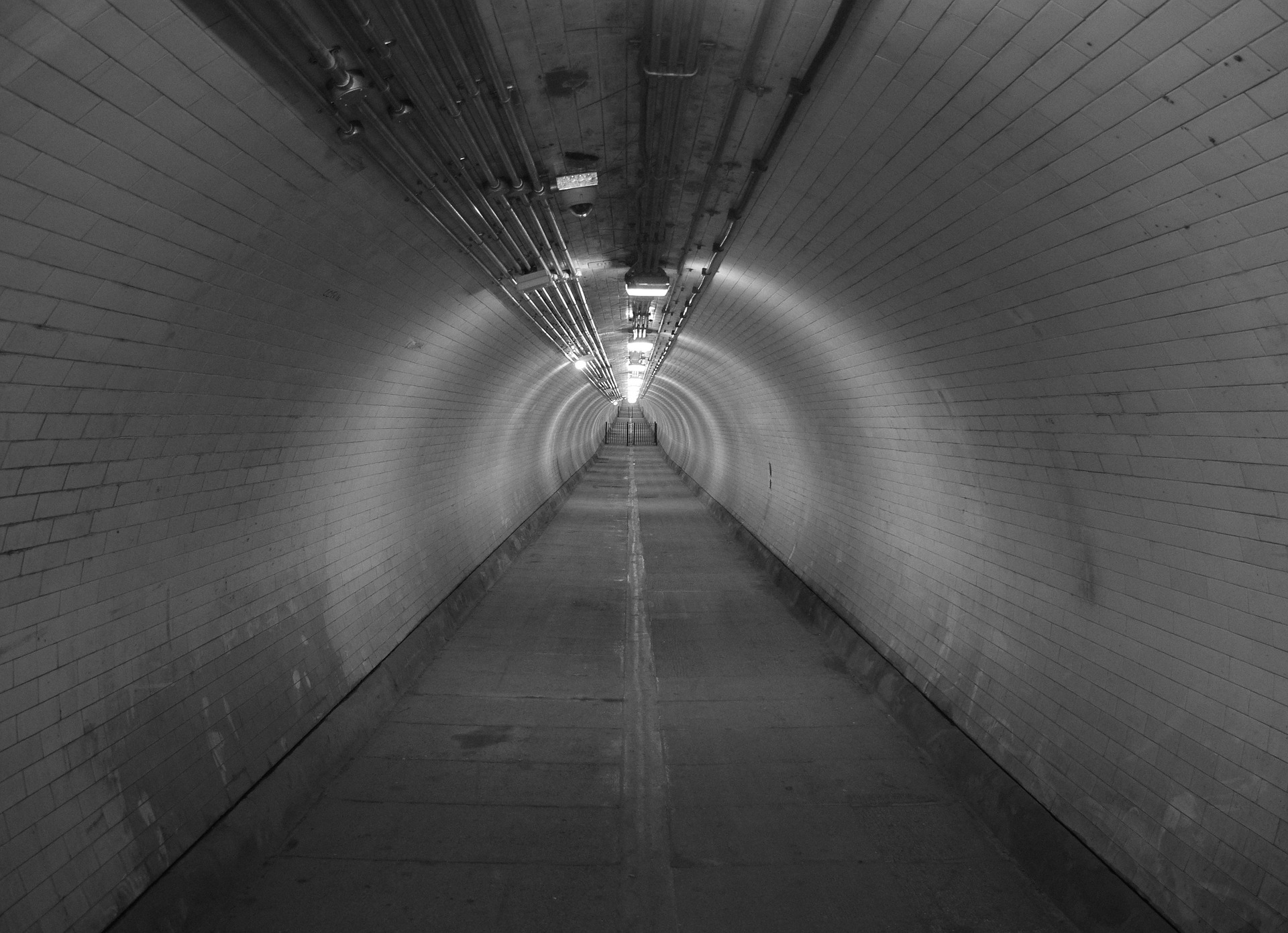Right now, my 8th graders are crafting arguments. We have spent the past few weeks working through various aspects of writing and analyzing arguments, things like the basic parts, types of credible evidence, understanding counterclaims and how to disprove them and how to explain how the evidence proves the claim. Back when I first introduced the unit to them, our opening activity sparked a realization. Though I had not planned this ahead of time, I pushed forward, adapting the lesson to present this new thought, a thought I hoped to pass on to these young fairly impressionable minds, a thought and mindset that if adopted widely by adults in the world today would have wide reaching benefits.
I have talked about echo chambers before and their deleterious effect on public speech. I saw the outcome but did not fully understand how they developed and how they inflicted the damage. A model argument using the student generated claim of “XBox is better than Playstation” turned the light on.
This activity started with the collection of student generated claims. After I compiled the list, I put it to a class vote with the above mentioned claim winning after a “run off.” Following the selection, students then needed to brainstorm reasons to support the claim and reasons to dispute the claim. Soon after starting this process, several of the boys remarked on the difficulty of the topic, primarily because all but one of them opposed the claim. They quickly realized that they had their opinions but lacked the evidence and reasoning with which to support that reason, leaving them unable to transform their opinion into a claim.
Once we transitioned into the final portion of the activity, the portion in which I called on students to state their reasons in affirmation or opposition to the claim, the argument quickly fizzled out. Rather than an activity gone wrong. I used the fizzle as a springboard, teaching the students about the importance of diverse opinions for the development of critical thinking.
You seen, when no one challenges your opinion, when in fact everyone shares your opinion, you have no need to search up any actual evidence; you simply believe your opinion because you “know” in year heart that it’s true. Thus, you react without critical thought to evidentiary challenge because you find yourself off guard. You flounder and scramble because you base your footing on the mirage of unchallenged belief.
